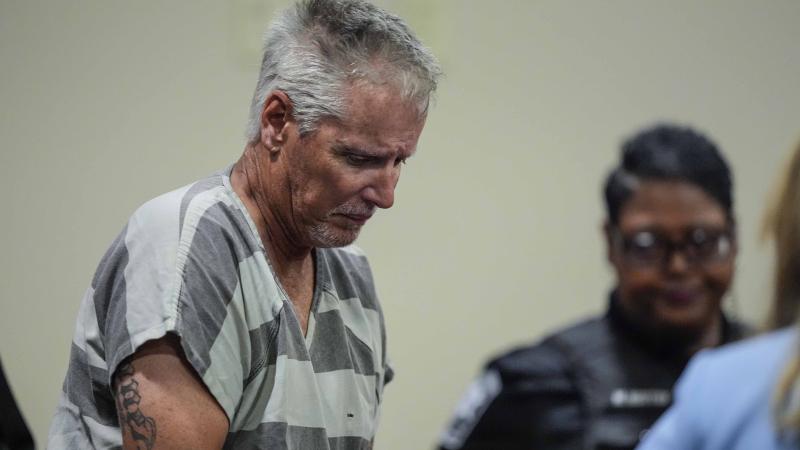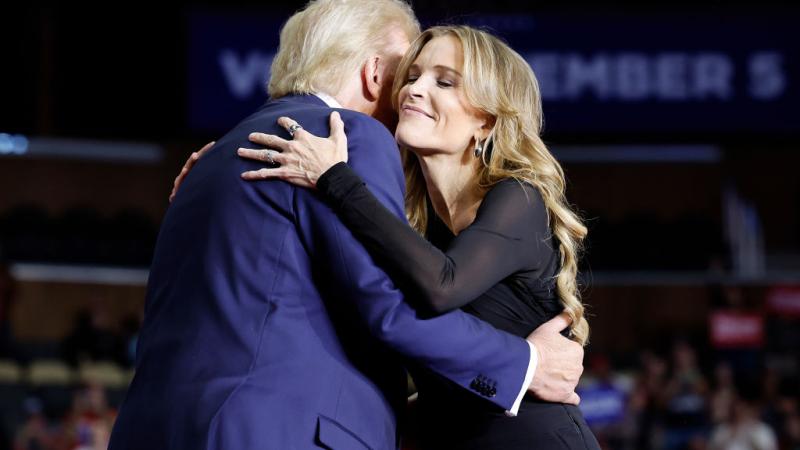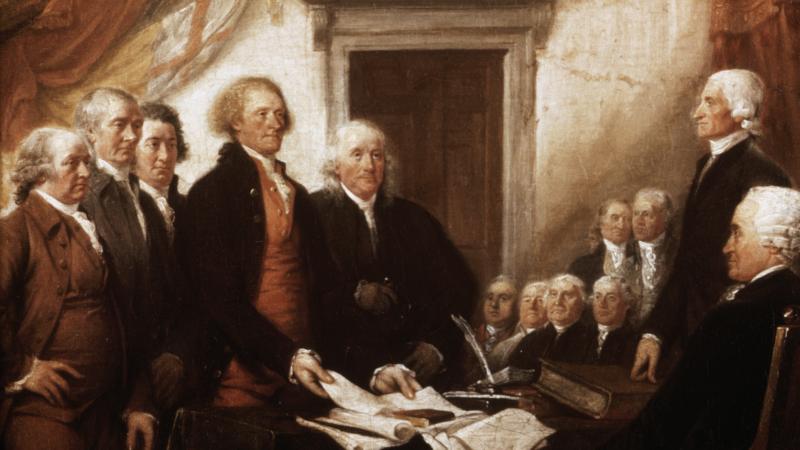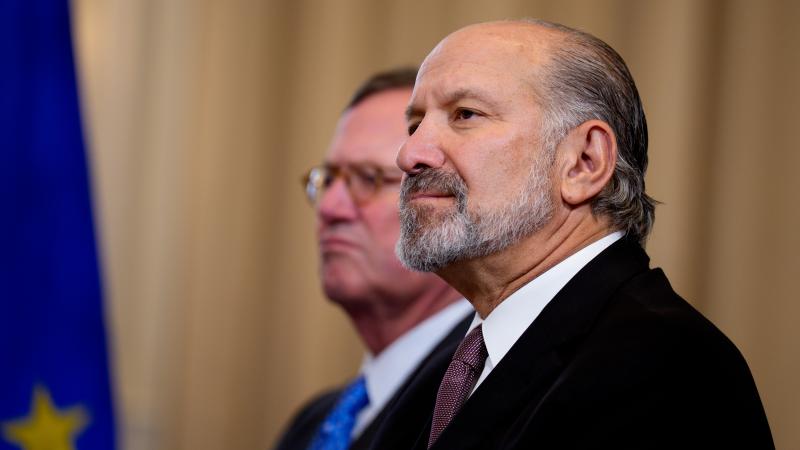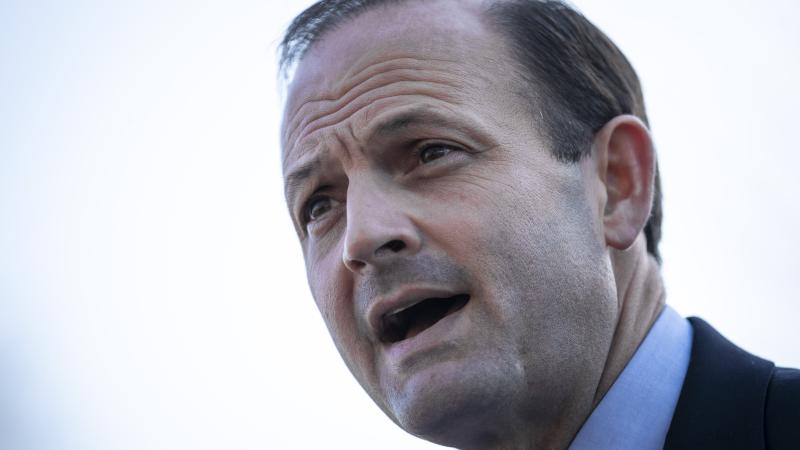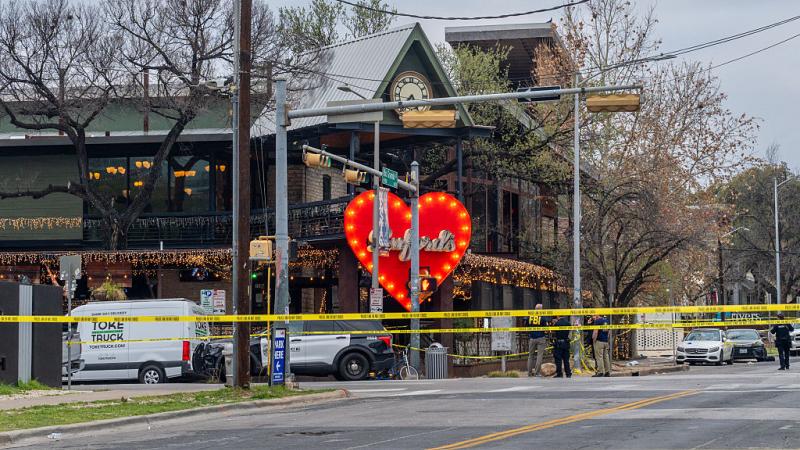Youngkin campaigns on economic freedom as McAuliffe touts record as governor
Youngkin has accused McAuliffe of supporting a big-government approach that would cost the average Virginia family $5,400.
Although education has taken the spotlight in Virginia’s gubernatorial race, voters have still listed jobs and the economy as important issues in the race between Republican candidate Glenn Youngkin and Democratic candidate Terry McAuliffe.
The two candidates have opposing views on the current trajectory of the economy. McAuliffe, who was governor of the commonwealth between 2014 and 2018, touted his record and said Democratic policies have led to economic growth and job growth. Youngkin, alternatively, has said those policies caused Virginia to grow slower than some of its neighbors and called for greater economic freedom to improve the state’s results.
According to the Virginia Joint Legislative Audit & Review Commission, the state’s growth in three major categories fell behind the national average substantially over the past decade. In gross domestic product, per-capita income and labor force numbers, Virginia’s growth was less than two-thirds of the national average. These numbers span the McDonnell, McAuliffe and Northam administrations. Despite this, the commonwealth was ranked the best state for doing business in CNBC’s 2019 and 2021 rankings and has been able to secure some investments from companies, such as Amazon. The state has also consistently had lower unemployment rates than the national average in recent years.
Youngkin has campaigned on tax cuts, which include eliminating the grocery tax, suspending the five-cent increase on gas taxes and using the state’s surplus revenue to provide Virginians with a one-time $300 tax rebate. He has also said the state needs to diversify its energy sector to prevent future California-style blackouts and ensure the state keeps its right-to-work protections. He also earned the endorsements of the National Federation of Independent Businesses, Associated Builders and Contractors and the Virginia Contractor Procurement Alliance, which represent small business interests in the commonwealth.
McAuliffe’s economic plans have focused largely on investments in education, workforce training and small businesses. He has said he would support paid sick days, affordable child care and hazard pay and increase the minimum wage to $15 per hour. The former governor also said his plan to accelerate the closures of carbon-producing energy sources and increase investments in green energy will create jobs. He also supports ending Virginia’s right to work protections, but said it would not be a priority because it’s unlikely to pass. McAuliffe has gotten several union endorsements.
Youngkin has accused McAuliffe of supporting a big-government approach that would cost the average Virginia family $5,400 over the course of his term based on an analysis from the free-market Thomas Jefferson Institute. McAuliffe, however, has said he does not intend to raise taxes. McAuliffe alleged Youngkin’s tax cut plans would force the state to reduce spending and cause schools to be underfunded. However, Youngkin has said his education plan would be the largest education investment in Virginia history.
Election day is Tuesday. Voting starts at 6 a.m. and continues until 7 p.m., but voters will be able to vote as long as they get in line before the deadline.





